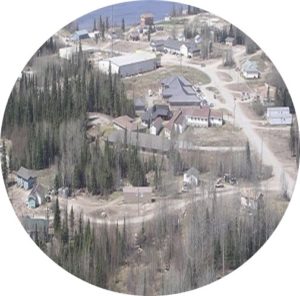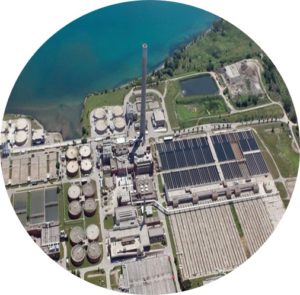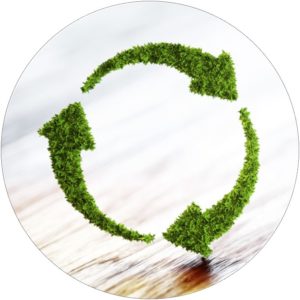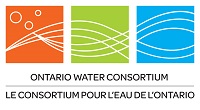Consortium Projects
Overview
Often similar types of end-users face common water management challenges. For example, many municipalities are faced with nutrient reduction challenges or extending the life of existing infrastructure. Industries may have competing products in the marketplace but face similar types of water management challenges in their production processes. Where there is a common and costly water management challenge, end-users along with technology vendors and other stakeholders could collaboratively partner de-risk new technology to solve their water management pain point. Consortium projects form around solving end-user problems with developing or late-stage pre-commercial novel technology.
Activities
- Identification of challenges, problem statements, and infrastructure to host projects
- Learn More
Benefits
- Leverage research and development dollars
- Learn More
1. Non-Urban Water and Sanitation
Interested in participating in collaborative projects relating to remote water and sanitation?
Anyone can do so by contributing in-kind, financial, or other resources as needed. Use OWC as the platform to advance the common objectives of the Consortium Project.
Potential Themes: water and sanitation accessibility; decentralized and modular water and sanitation; remote monitoring and control; First Nations and remote communities; data driven asset management; cold-weather wastewater treatment.


2. Urban Water and Sanitation
Interested in participating in collaborative projects relating to urban water and sanitation?
Anyone can do so by contributing in-kind, financial, or other resources as needed. Use OWC as the platform to advance the common objectives of the Consortium Project.
Potential Themes: future ready municipal water and wastewater infrastructure; climate change impacts on water and wastewater infrastructure; collection systems of the future; net-zero energy wastewater treatment; data-driven asset management.
Previous Themes and Projects:
Net Zero Wastewater Treatment Plants in Ontario
Through strategic collaboration OWC facilitated a cluster that has fueled technology development and validation, end-user interest, and influenced key policy drivers for this opportunity. This has not only helped to enable the construction of Canada’s first net-zero energy wastewater treatment plant in Stratford, Ontario (that will use advanced anaerobic digestion technology to maximize biogas production by co-digesting municipal organic waste and wastewater treatment plant sludge) but created opportunity and interest among other Ontario municipalities to proceed with similar initiatives.
3. Circular Economy, Water, and Waste
Interested in participating in collaborative projects relating to the circular economy, water, and waste reduction?
Anyone can do so by contributing in-kind, financial, or other resources as needed. Use OWC as the platform to advance the common objectives of the Consortium Project.
Potential Themes: biosolids management, biosolids treatment (e.g., quality and consistency); renewable fuels; bioplastics; high strength wastewater treatment; advanced manufacturing processes.

Current Themes and Projects:
Biosolids Working Group
This segment of the water technology sector – focused on minimizing volumes of, and generating value from wastewater biosolids – is a major strength in the province. In addition to the technology leadership, we have globally recognized academic expertise in the area. And with government identifying priorities for reducing greenhouse gas emissions and recovering resources from all waste, there is a tremendous opportunity for leadership and successful economic growth.

4. Freshwater and the Great Lakes
Interested in participating in collaborative projects relating to freshwater and the Great Lakes?
Anyone can do so by contributing in-kind, financial, or other resources as needed. Use OWC as the platform to advance the common objectives of the Consortium Project.
Potential Themes: “Freshwater for the future”; nutrient reduction and agriculture; sustainable agriculture; algae; monitoring and analytics for water quality; plastics; industrial treatment; water conservation and efficiency; large flow water testing; water-energy nexus; water-food nexus.
Contact
Please send inquiries and questions to programs@ontariowater.ca.

